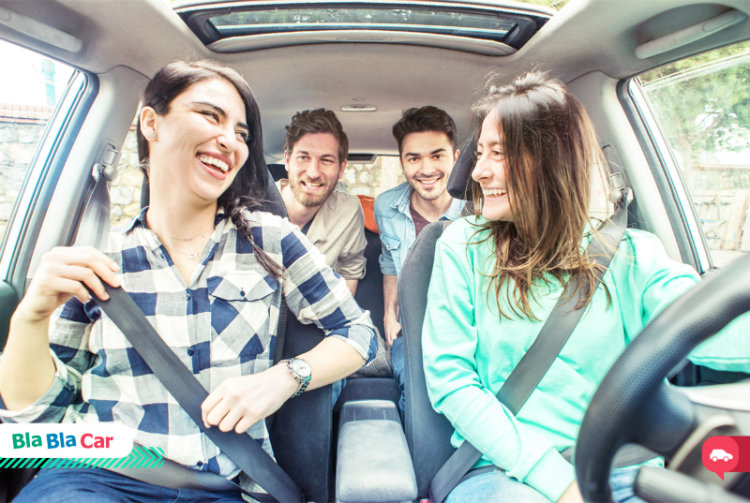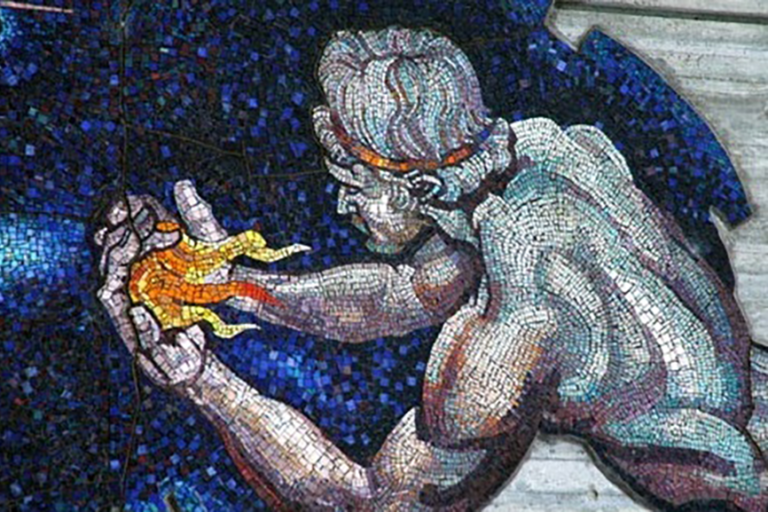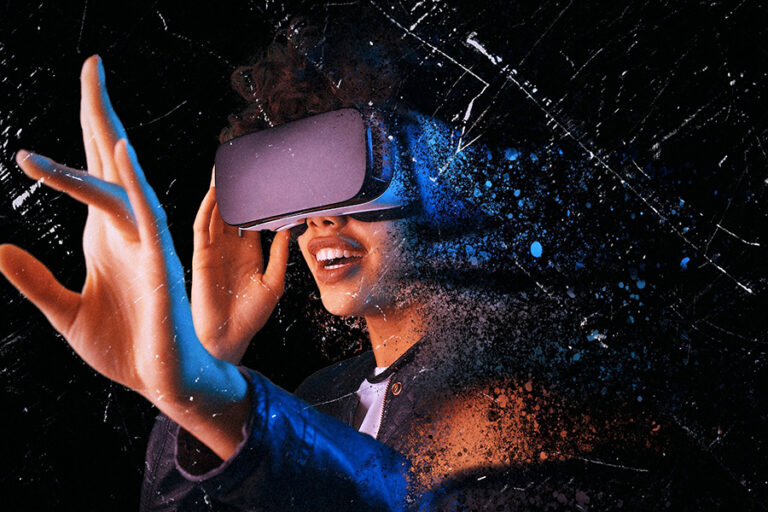Over the past decade something unprecedented and fundamental happened to mankind. We succeeded in scaling interpersonal trust. The kind of trust that brings individuals together has just turned from a scarce to an abundant resource. How did we do it? Through connectivity and online digital tools.

Peer-to-peer platforms enabled by databases, search engines, and connectivity are nurturing unprecedented levels of interpersonal trust online, with real offline implications. Peers are becoming part of population-scale digital trust grids, where reliable connections can be made not just with one’s friends and family, but with the world at large. Strangers are becoming trusted peers, and with that a formidable untapped potential for collaboration is being unleashed.
BlaBlaCar’s core mission is to create a global people-powered travel solution, connecting drivers with empty seats to passengers so that they can share their car rides over long-distance journeys. Fulfilling this vision required building trust between people who had never met, but would share an average trip of 300 kilometers.
So this is what we did. Through constant iterations, BlaBlaCar identified tools and product features that facilitate peer-to-peer interactions, allowing the carpooling platform to become one of the largest sharing communities worldwide with 40 million trusted members.
Today, online peers trust each other more than neighbors.

With NYU Stern Professor and sharing economy specialist, Arun Sundararajan, we sought to understand exactly how much trust could be built online. We surveyed over 18,000 BlaBlaCar members across 11 European countries and asked them to rank the trust they have in different generic types of relationships, from a social network contact to friends or family. We then included a BlaBlaCar member with a full online profile in the mix.
The results, compiled in a report titled Entering the Trust Age, revealed that 88% of respondents gave a high level of trust to a BlaBlaCar member with a full profile. This percentage is largely above the percentage of people who highly trust their colleagues or neighbors, and close to the percentage of people who highly trust their friends!
This is good news for society.
What this is saying, is that ancestral barriers to human collaboration are being removed. Trust at scale is changing the way we relate to each other, collaborate or transact with one another. And the beauty of it all is that trust built on one platform spreads across the system, as users who have familiarized with online trust tools on one platform become more likely to engage with their peers on other platforms too.
Economists have proven that our well-being depends first and foremost on the quality of social relationships. Yann Algan, Dean of the School of Public Affairs at Sciences Po, found that trust has a causal impact on economic development, but also that having cooperative social relationship with others affects more happiness than the monetary gains derived from cooperation.
Trust at scale is empowering people, and opening up a bright future for a more trusting collaborative society. This is proof that technology can and must play a great role in bringing us closer together![]()
Frédéric Mazzella, Founder and Executive Chairman of BlaBlaCar









